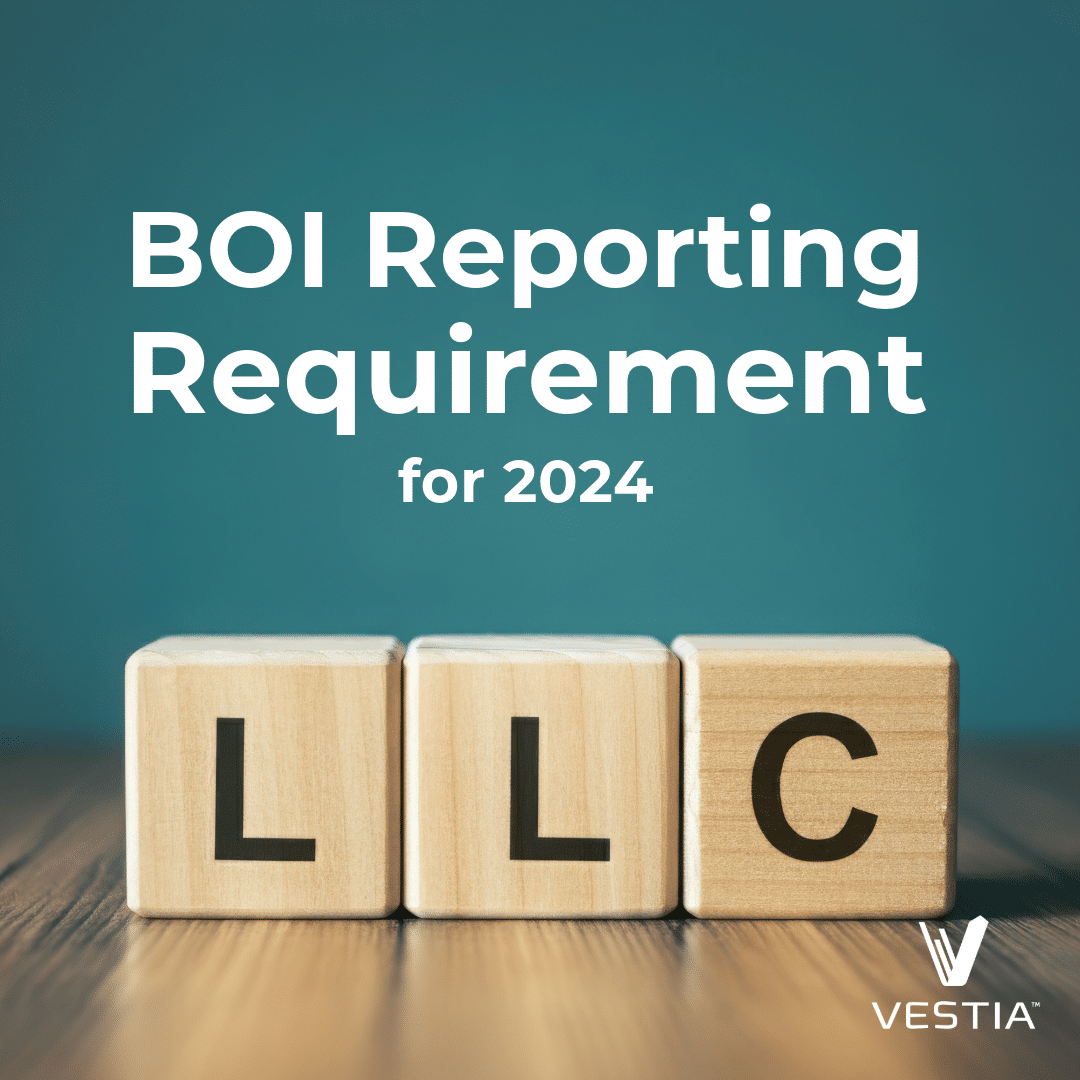Women live about 5 years longer than their male counterparts, on average. This longevity gap means that women may need to pay extra attention to how they’re saving for retirement, so they have enough to feel financially secure and confident in their golden years.
While you don’t know how long you’ll live, it can be helpful to ready your retirement plan for a long life.
Today, we’ll discuss 5 ways for women physicians to plan for longevity in retirement.
1. Understand All The Hurdles
Creating a comprehensive plan may become more feasible when you understand your challenges. Women can experience a spectrum of hurdles on their wealth-building journey, but here are the ones we believe are the most common and relevant:
- Personal longevity: While women tend to live 5 years longer than men, it’s essential to understand your personal longevity. Family health history, current health status, and any underlying conditions could impact your life expectancy.
- Rising healthcare costs: Healthcare costs grow faster than the U.S economy, and you’ll likely need more for health expenses as you age. Medical care is so expensive that a healthy 65-year-old couple can expect to pay more than $662,000 in retirement healthcare costs. More surprisingly, this figure doesn’t include long-term care costs, which can run about $5,000 a month nationally.
- Gender wage gap: The wage gap between men and women is no secret and poses a considerable problem in the medical space. Women earn 83 cents for every dollar men earn, and this gap may greatly impact their overall wealth. Salary discrepancies can make it more challenging for women to reach their savings targets, which is troublesome considering that they live longer and therefore have to cover expenses for extended periods.
- Career breaks: Typically, women are more likely to take a career break than men, whether they need to scale back hours to help raise their children or be caretakers for a family member. And those career breaks can significantly decrease their savings It could also reduce Social Security payments since total benefits are based on someone’s 35 highest income years.
The challenges can be overwhelming but preparing for them may help put you in a position to prosper.
2. Know What’s Important To You Now (And In The Future)
A successful retirement strategy isn’t generally just about planning for the future, it’s also about understanding what you want in the present. Whether you wish to start a family in the next year, take a sabbatical, or find a more intentional work/life balance, planning ahead helps you best allocate your resources toward those goals.
For example, you may be more financially and personally ready for an extended sabbatical if you’ve been intentionally saving over time instead of making a spontaneous choice due to burnout.
Or, if you know that growing your family is important, but you don’t want to give up your career growth, consider working with a financial advisor to build a maternity leave plan that works for you. Maternity leave planning can be complex and difficult to manage, so working with an advisor who advocates for you can make the process smoother.
We believe it is also important to consider when you want to retire.
- Will you retire early?
- Are you burned out and want to switch careers?
- Do you want to work until you’re 70+ years old?
There’s no right or wrong answer here; it’s all about what’s meaningful to you. Remember, you can find a balance between living a life that energizes you now and planning for a bright future with a suitable and tailored strategy. Our team can help you build Wealth that Matters so your wealth carries purpose at each stage of your life.
3. Create A Flexible Investing Strategy That Can Grow With You
To best prepare for longevity in retirement, we believe you must implement a nimble investment strategy that works for you.
As you work with your advisor to build a diversified portfolio, you should consider understanding your risk tolerance and risk capacity. Your risk tolerance measures how much risk you’re willing to accept, while your risk capacity reveals how much you can manage financially. The “sweet spot” to this balancing act depends significantly on your financial situation, timeline, and investment goals, all of which we can analyze together.
We also often encourage women to save in several areas, like:
- Retirement
- Health
- Outside investments
If possible, try to max out retirement accounts—401k, IRA. Per the IRA, in 2022, you’re able to contribute $22,500 into a 401k and $6,000 in an IRA. If maxing out isn’t possible, but your employer offers a match, aim to put in enough to leverage the full company match. Match programs are essentially free money, so you don’t want to waste it.
Even though physicians tend to be high-earners, that doesn’t mean Roth accounts are off-limits. We can help you evaluate your situation to see if a Roth conversion or Roth 401k contributions make sense for you. The benefit of Roth accounts is that qualified withdrawals in retirement are tax-free, which can provide more income and tax flexibility when needed.
And don’t forget about your health! We think you should keep saving for rising healthcare costs through HSAs, brokerage accounts, proper health coverage, and flexible spending accounts. Health coverage is critical if you plan on having a family and going on maternity leave.
Once you have a solid investment foundation, you may explore alternative investments like private equity, private debt, venture capital, real estate, etc. There are many options, so it’s important to understand how these types of investments could benefit your portfolio holistically before investing.
We help women physicians evaluate their investments and ensure they retain a healthy mix of tax-deferred, taxable, and tax-advantaged investment “buckets” long-term. Investing in all three will help you create a future distribution strategy that maximizes your income, lifestyle needs, retirement goals, tax obligations, and more.
We can help you save your money in the most appropriate tax buckets for you—and remember, that could change depending on your situation.
4. Keep A Sharp Eye on Debt
Unfortunately, debt burdens many physicians. But understanding the type of debt you have and following a repayment strategy throughout your career can help you retire debt-free.
First, consider what debt you have—student loans, mortgage, auto loan, business loan, etc.—as you’ll likely approach each differently.
Many people find it economically advantageous to first concentrate on repaying the debt with the highest interest rate. So if you find yourself with credit card debt, making a concerted effort to pay it off can help you in the long run.
Even though interest rates are rising, consider refinancing high-interest debt from a mortgage or auto loan into a more competitive rate. Lowering your interest payments can help you pay less over the life of the loan.
You may also have an opportunity to consolidate your debt. Combining debt into one monthly payment could help you create a more streamlined path to becoming debt free.
Keep in mind there are several considerations to make before deciding on the best route for you. Analyze the type of debt you have, your current interest rate, the present balance, and any tradeoffs for making changes. For example, consolidating federal student loans into private ones could render you ineligible for federal forgiveness and cancelation programs.
We believe it’s also essential to analyze the type of debt you bring into your life. Debt isn’t inherently good or bad, and when used appropriately, it can help you achieve your goals, like getting business funding to open an orthopedic practice or buying a vacation home in your family’s favorite spot.
We can help you leverage debt to your advantage.
5. Work With A Financial Specialist
One of the best ways women can plan for longevity in retirement is by working with a financial specialist that understands their goals and values. An experienced financial advisor will work with you to build a retirement plan that accounts for everything: longevity, healthcare, investing, and more.
At Vestia, we specialize in helping women make the most of their lives and careers. Let’s help you use your hard-earned money to support a long, happy life. Set up some time to chat with our team today.
Disclosures:
Investment advisory services offered through Vestia Personal Wealth Advisors, Vestia Retirement Plan Consultants, and Vestia Advisors, LLC. Securities offered through Ausdal Financial Partners, Inc., 5187 Utica Ridge Rd, Davenport, IA. 52807 (563)326-2064. Member FINRA/SIPC. Vestia Personal Wealth Advisors, Vestia Retirement Plan Consultants, Vestia Advisors, LLC, and Ausdal Financial Partners, Inc. are independently owned and operated.
This material is intended for informational purposes only. It should not be construed as legal or tax advice and is not intended to replace the advice of a qualified attorney or tax advisor. This information is not an offer or a solicitation to buy or sell securities. The information contained may have been compiled from third-party sources and is believed to be reliable. All investing involves risk, including the loss of principal.



